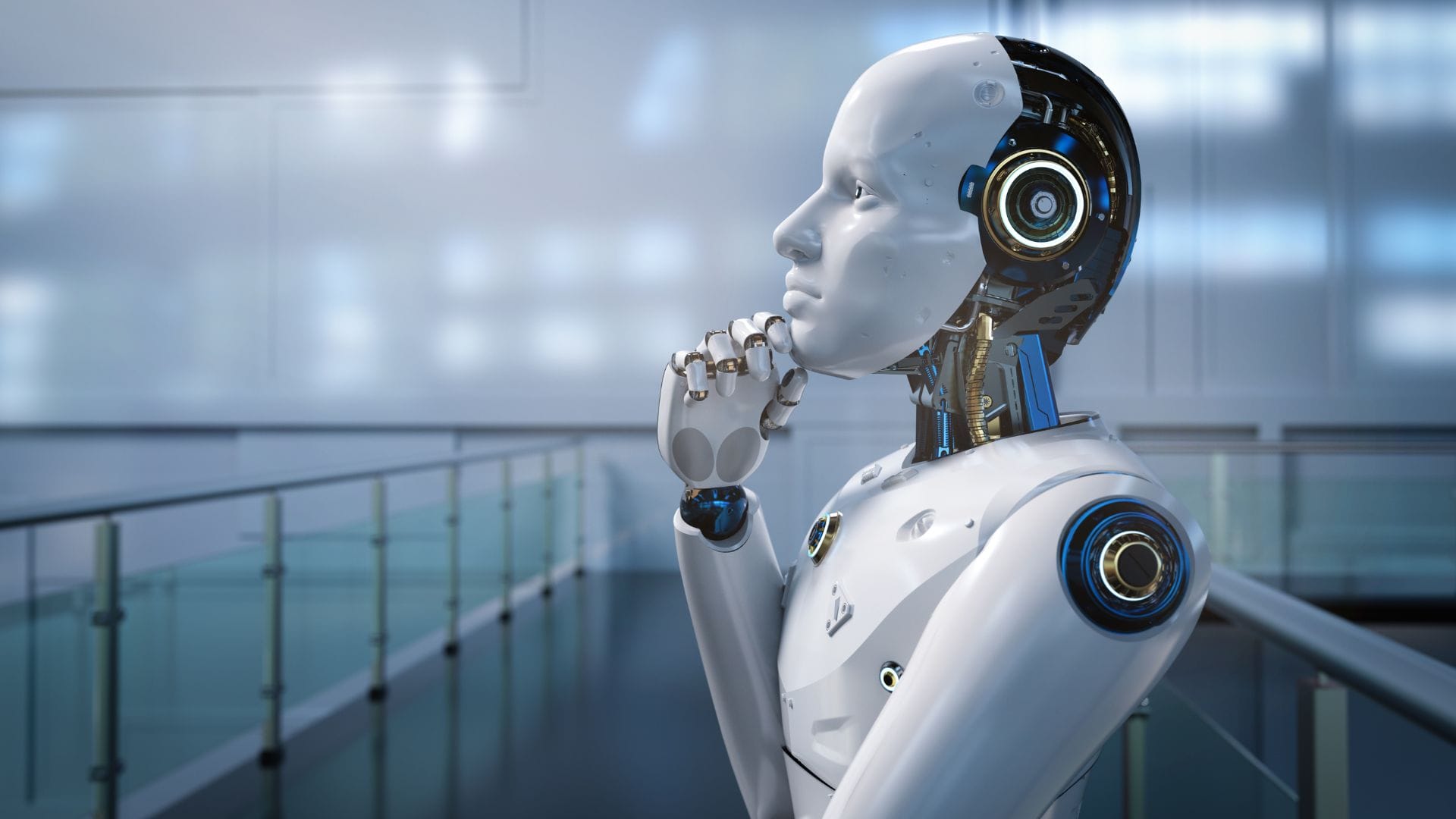Study reveals impact of AI on critical thinking
A study reveals that overreliance on AI at work can weaken your critical thinking skills, making you less prepared for problem-solving when AI fails.

A recent study by Microsoft and Carnegie Mellon University has raised concerns about how generative AI affects critical thinking in the workplace. The research suggests that overreliance on AI could decline cognitive skills, particularly in problem-solving and independent analysis.
The study highlights that when workers depend too much on AI-generated responses, their role shifts from actively thinking to merely verifying if the AI’s output is acceptable. This shift reduces opportunities to practise higher-order cognitive skills such as evaluating, analysing, and creating information. According to the paper, this lack of engagement weakens a person’s “cognitive musculature,” leaving them unprepared when AI-generated responses fail.
The study and its findings
The research involved 319 participants who use generative AI at least once a week for work-related tasks. Participants were asked to share three examples of how they use AI, which were classified into three main categories:
- Creation: Writing emails or generating content.
- Information retrieval: Researching topics or summarising articles.
- Advice: Seeking guidance or generating data-based insights.
They were then asked whether they applied critical thinking to these tasks and whether AI use increased or decreased their effort in thinking critically. Participants also assessed their confidence in their abilities, AI-generated outputs, and ability to evaluate AI responses.
The results were revealing. While 36% of participants reported applying critical thinking to avoid errors, many admitted relying on AI without questioning its accuracy. One respondent said she used ChatGPT to draft a performance review but double-checked the output to prevent submitting something that might get her in trouble. Another respondent had to modify AI-generated emails to align with his workplace’s cultural expectations. Many participants cross-checked AI-generated responses using general web searches on platforms like YouTube and Wikipedia, ironically negating AI’s convenience.
The danger of blind trust in AI
The study also found that users with greater confidence in AI were less likely to engage in critical thinking than those who trusted their own judgment. The researchers noted that AI’s limitations can encourage critical thinking, but only if users are aware of these limitations.
Although the study does not conclude that AI makes people less intelligent, it warns that overreliance on generative AI can erode essential problem-solving skills. Without a conscious effort to remain engaged in decision-making, workers may find themselves ill-equipped to handle challenges when AI-generated solutions fall short.















